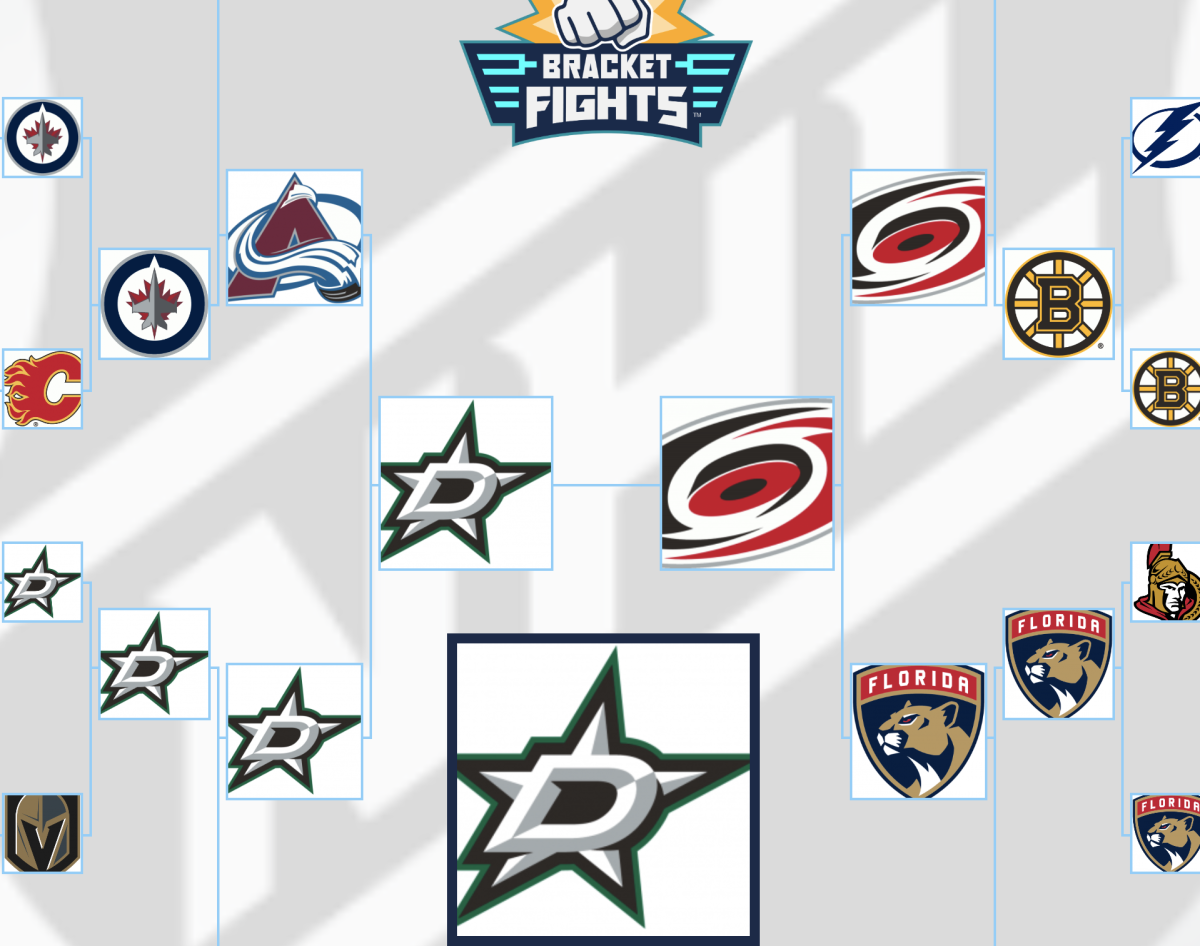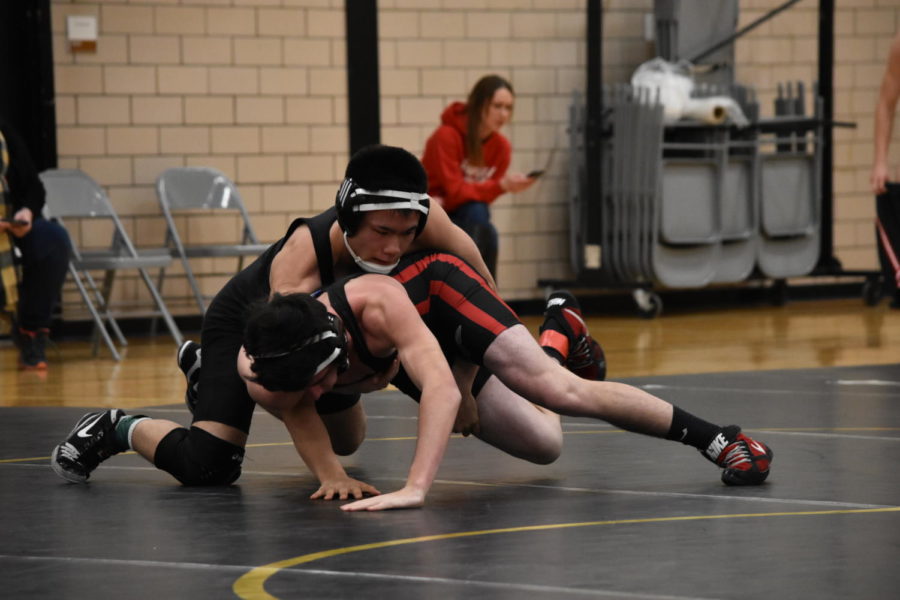Suburban Conference set to realign
February 13, 2018
As of late, U. City sports teams have not come away with the most winning seasons. However, there may be an underlying cause behind it that is beyond coaches’ and players’ control.
Up until now, our conference has consisted of large schools, and powerhouses like Parkway West, Parkway Central and Ladue. It takes a bit of a history lesson to fully understand.
Decades ago, U. City was one of the bigger schools in the area, with a student body size of 2,400 in the 1970s. In the 1980s, the number dropped to 2,200 (about 525 per grade) and by 1990 the population at the high school was about 1300.
It makes sense why it would have been reasonable for us to play those schools, but that was in the past. Seeing as our current student body population is 775 as of February 2018, something needs to change.
The Suburban Conference, which encompasses 31 schools in the St. Louis suburban area, is the league in which U. City plays. According to Matt Brooks, athletic director, the Suburban Conference intends to begin dividing schools into conferences and districts by something called competitive balance. This means separating schools depending solely on their record, over everything else like size, location and rivalries.
Currently, the schools in the Suburban Conferences redistrict every two years. A school’s district differs from its conference. A district consists of the schools who play each other in “the preliminary rounds of the state tournament made up of a group of schools in a particular sport that play each other in a two year cycle,” Brooks said. “Conferences on the other hand, are a group of schools that play each other in a variety of sports on a year to year basis.”
However, one thing that districts and conferences have in common is the attempt to give them more competitive balance. The Suburban conference has 31 schools, some huge, and some small. For years U. City has been scheduled to play Parkway West and Parkway Central in conference and postseason play, both having over 2,000 students per school. Having schools like U. City, Affton, and even Clayton play those schools is unfair because a team should not have to go into the postseason knowing that they are going to get vanquished in the first game.
As a result, the Suburban Conference plans for the 2018-2020 seasons include putting schools in pools. A pool is a subgroup of schools within the Suburban Conference that play each other in a particular sport. This means that when we play “conference” games, we will actually be playing the teams in our pool. It also means that the schools in our pool for one sport can be different than the schools in the pool for another sport.
U. City’s pool will consist of Affton, Clayton, Normandy, Northwest, Parkway North, Seckman and Fox. Clearly, it’s apparent that more equality has been distributed into the pools.
The overall purpose of this realignment is so that every team in each pool can go into games with an equal chance to win, hopefully eliminating domination of certain schools.
The biggest roadblock to this is football which can make the situation problematic. Generally, football is one of the most popular high school sports media wise, and is prominent at many schools. This magnification of football pressures schools into scheduling early for football.
“I would say this pressure on football is driven mainly on two factors: number of games and emphasis on football in the community,” said Brooks.
Having to schedule football earlier than other sport takes away from competitive balance because if a school is scheduling two to three, even five years and more into the future, there’s no telling how good a team will be.
Gabe Sekou, senior wrestler, does not think conferences should be realigned.
“To me [realigning conferences] ruins competitiveness because you should want to play the very best,” said Sekou.
Sekou’s argument is that if a team is in a conference where all the teams are equal, that team will never get any better. If a team continues to get pounded with competition, they will eventually prevail.
“If you want to be the best, you have to play the best,” said Sekou.







































